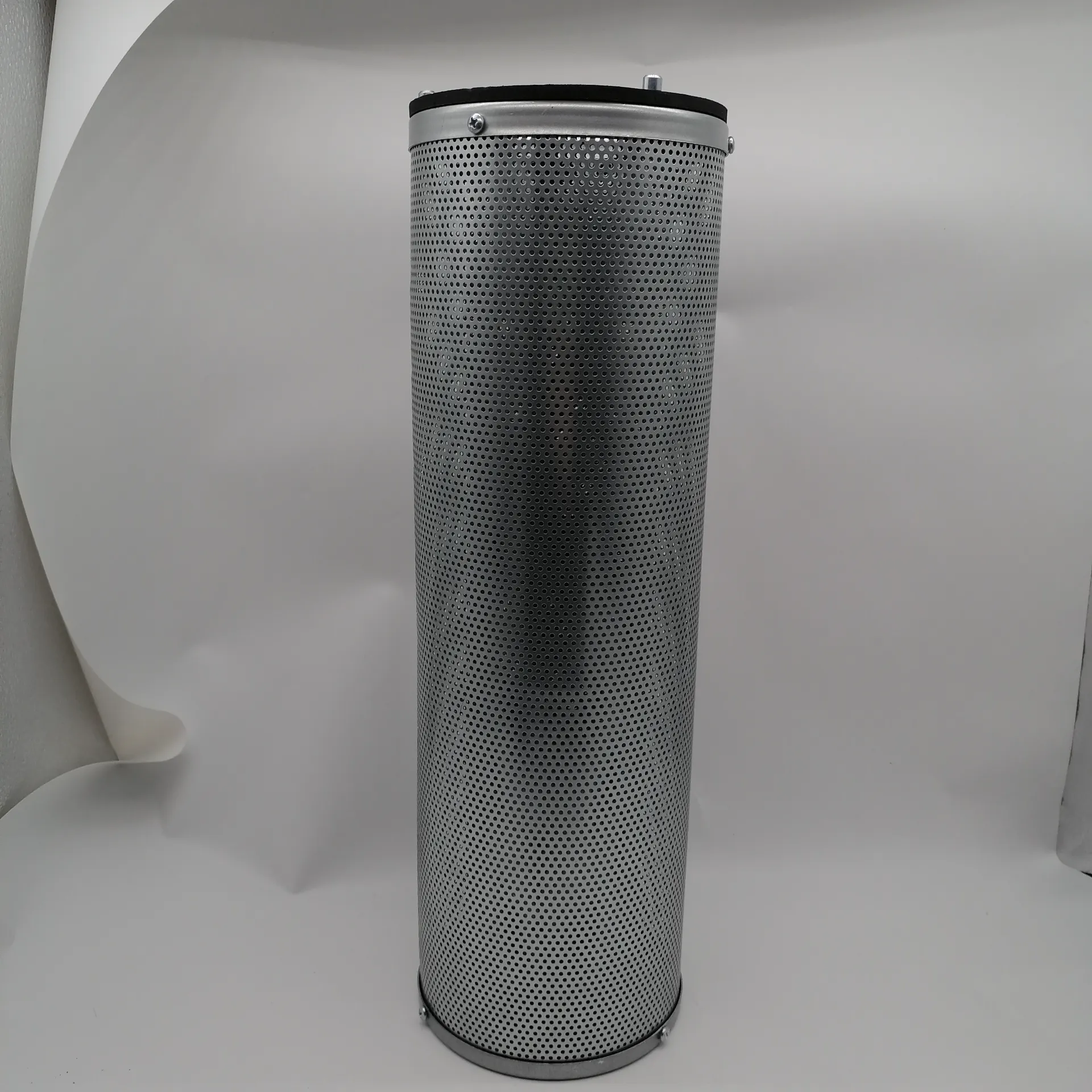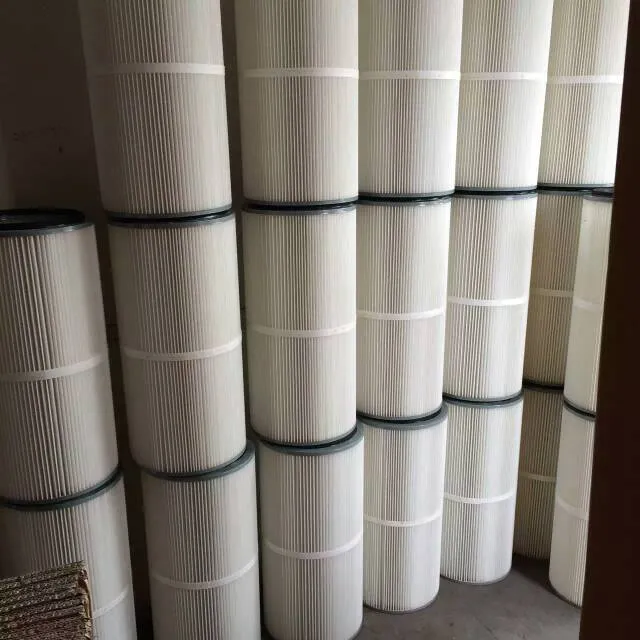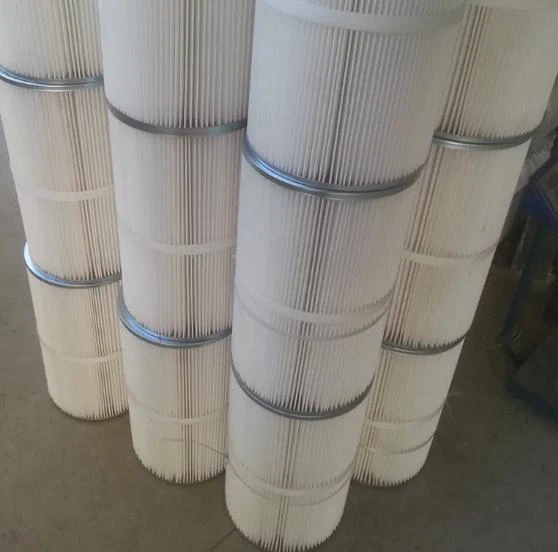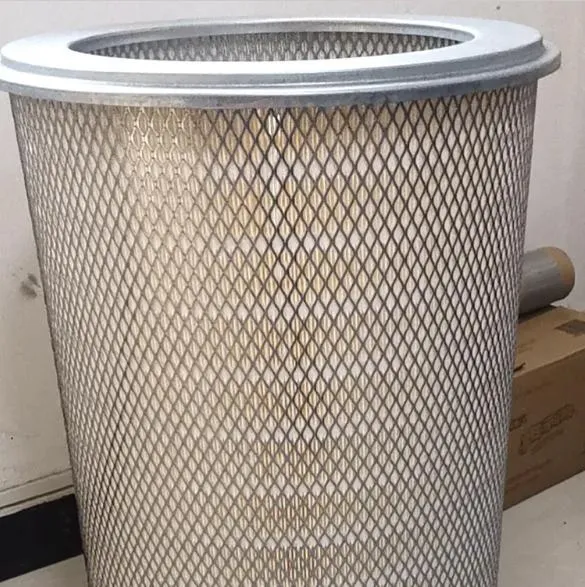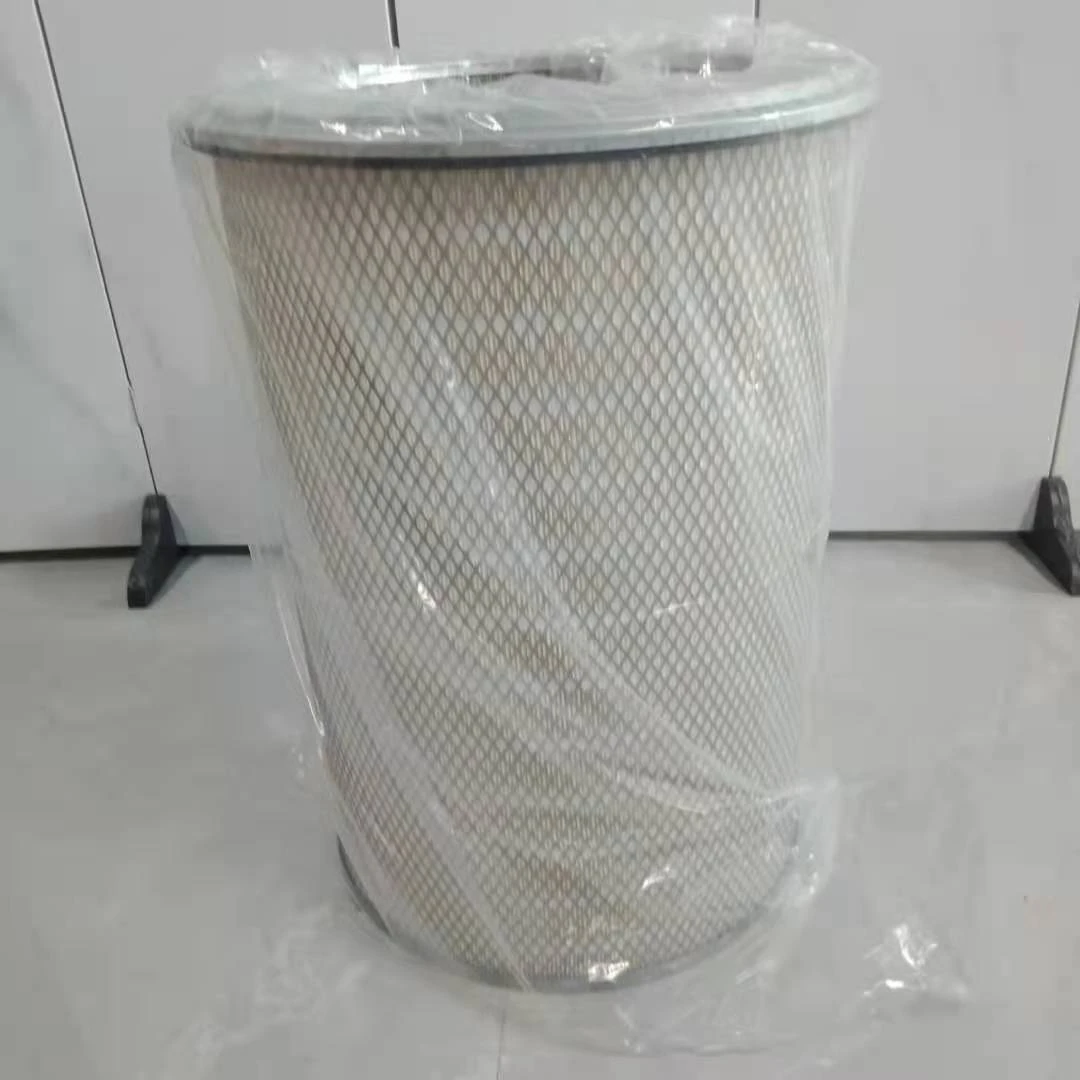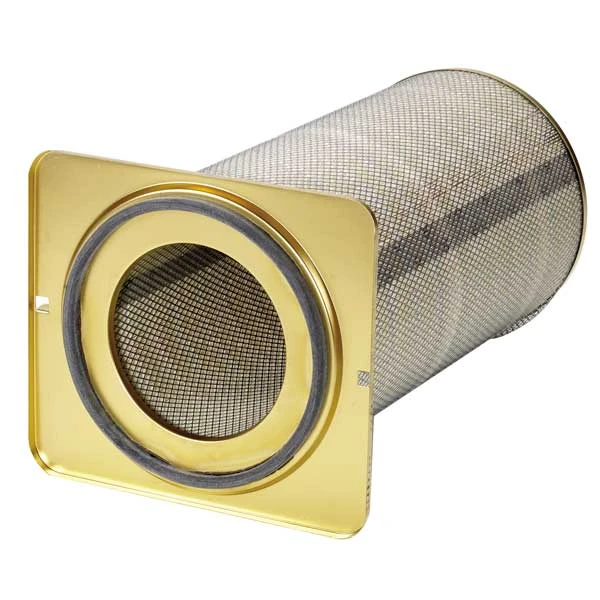 Tel:
+8618931101301
Tel:
+8618931101301
11월 . 10, 2024 06:55 Back to list
Gas turbine filtration technologies for enhanced performance and efficiency in power generation
The Importance of Gas Turbine Filters in Modern Energy Production
Gas turbines have become a cornerstone in modern energy production, providing efficient and reliable power generation for both industrial and commercial applications. As the demand for energy continues to grow, the performance and reliability of gas turbines are more critical than ever. One of the key components that significantly influence the efficiency and longevity of gas turbines is the filtration system, particularly gas turbine filters.
Gas turbine filters are designed to remove impurities from the air intake before it enters the combustion chamber. These impurities can include dust, dirt, pollen, and other particulate matter. When these contaminants enter the turbine, they can cause wear and tear on critical components, leading to decreased performance, higher maintenance costs, and potentially catastrophic failures. By effectively filtering the air, gas turbine filters help ensure optimal engine performance and longevity.
One of the primary roles of gas turbine filters is to enhance the overall efficiency of the combustion process. Clean air is essential for proper fuel combustion. If the incoming air is contaminated, it can lead to incomplete combustion, resulting in unburned fuel and increased emissions. This situation not only affects the environment but also reduces the overall efficiency of the turbine. High-efficiency filters minimize the amount of particulate matter entering the turbine, maximizing fuel combustion efficiency and reducing harmful emissions.
Moreover, gas turbine filters play a crucial role in protecting the turbine from physical damage. Gas turbines operate under extreme conditions, with high temperatures and pressures. Contaminants present in the intake air can cause erosion of turbine blades and other critical components, leading to performance degradation over time. By using effective filtration systems, operators can significantly reduce the risk of such damage, thereby extending the operational life of the turbine and reducing repair costs.
gas turbine filter

There are several types of filters used in gas turbines. The choice of filter depends on the specific application, environment, and level of filtration required. Common types include synthetic media filters, fiberglass filters, and metal mesh filters. Each type has its advantages and disadvantages in terms of filtration efficiency, dust-holding capacity, and resistance to humidity and temperature variations.
Regular maintenance and replacement of gas turbine filters are vital to ensuring the smooth operation of gas turbines. Accumulated dirt and particulates can restrict airflow, leading to decreased performance and efficiency. Operators must establish routine inspection schedules to assess the condition of filters and determine when replacements are necessary. Neglecting filter maintenance can result in unscheduled downtime and higher operational costs.
In recent years, advancements in filter technology have led to the development of high-efficiency particulate air (HEPA) filters and electrostatic filters, which offer superior performance in removing fine particulates from the air. These advancements not only enhance the operational efficiency of gas turbines but also help in meeting increasingly stringent environmental regulations.
In conclusion, gas turbine filters are not just an accessory but an integral part of the gas turbine system that has a profound impact on its efficiency, reliability, and lifespan. As the energy sector continues to evolve and face new challenges, the importance of high-quality filtration systems cannot be overstated. By investing in robust filtration solutions and maintaining them diligently, operators can optimize their gas turbine performance, reduce maintenance costs, and contribute to a more sustainable energy future. The role of gas turbine filters will continue to be a pivotal factor in the ongoing quest for cleaner and more efficient energy production methods.
-
Why is coconut shell activated carbon the preferred material for high-end filter elements?NewsMay.08,2025
-
5 maintenance tips to extend the life of dust filter elementsNewsMay.07,2025
-
Why does the air filter affect the power of the car?NewsMay.06,2025
-
When should the dust filter be replaced?NewsApr.30,2025
-
How to choose a special dust filter?NewsApr.29,2025
-
Industrial air filters: How to deal with high dust environments?NewsApr.28,2025

 Email:
Email:
